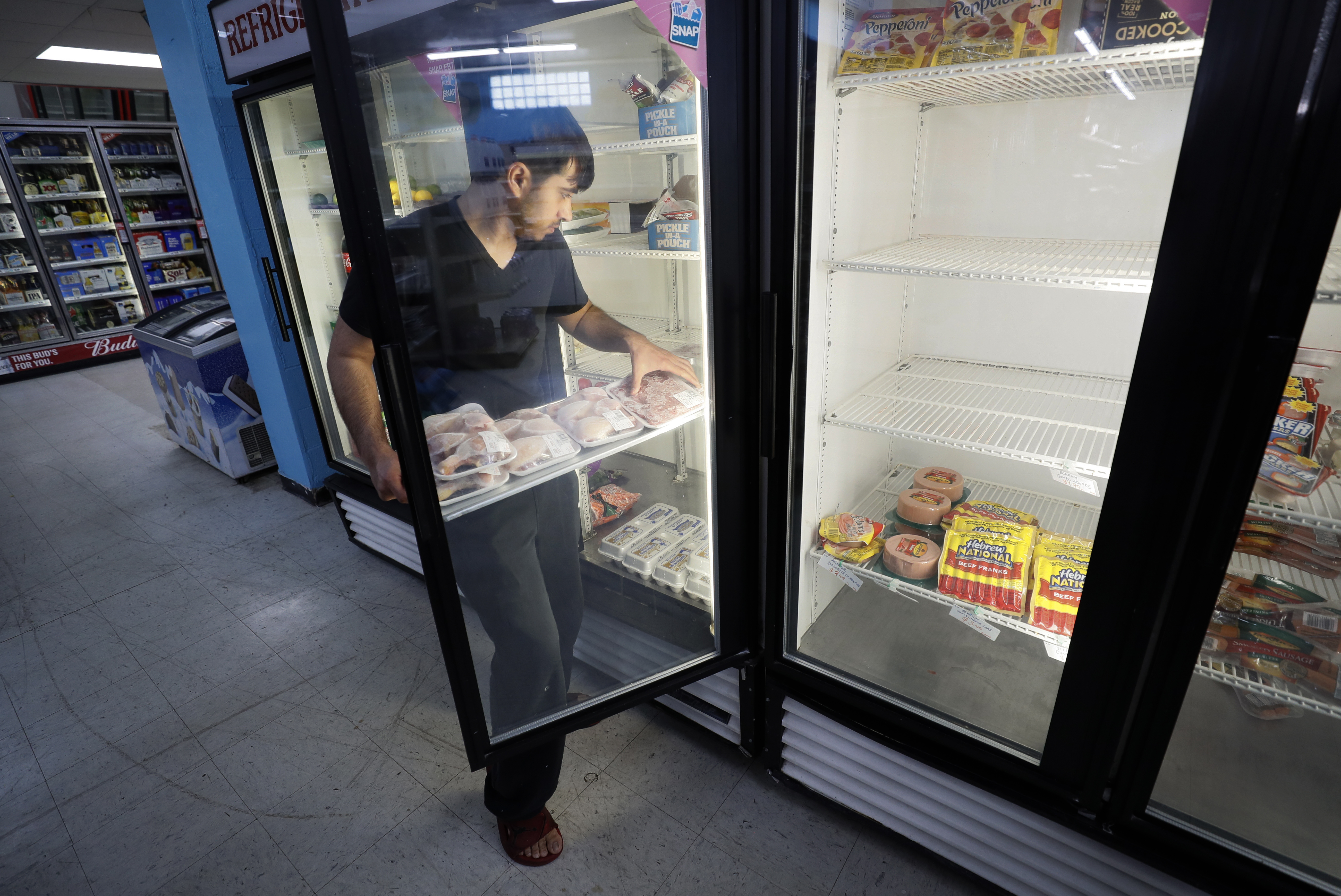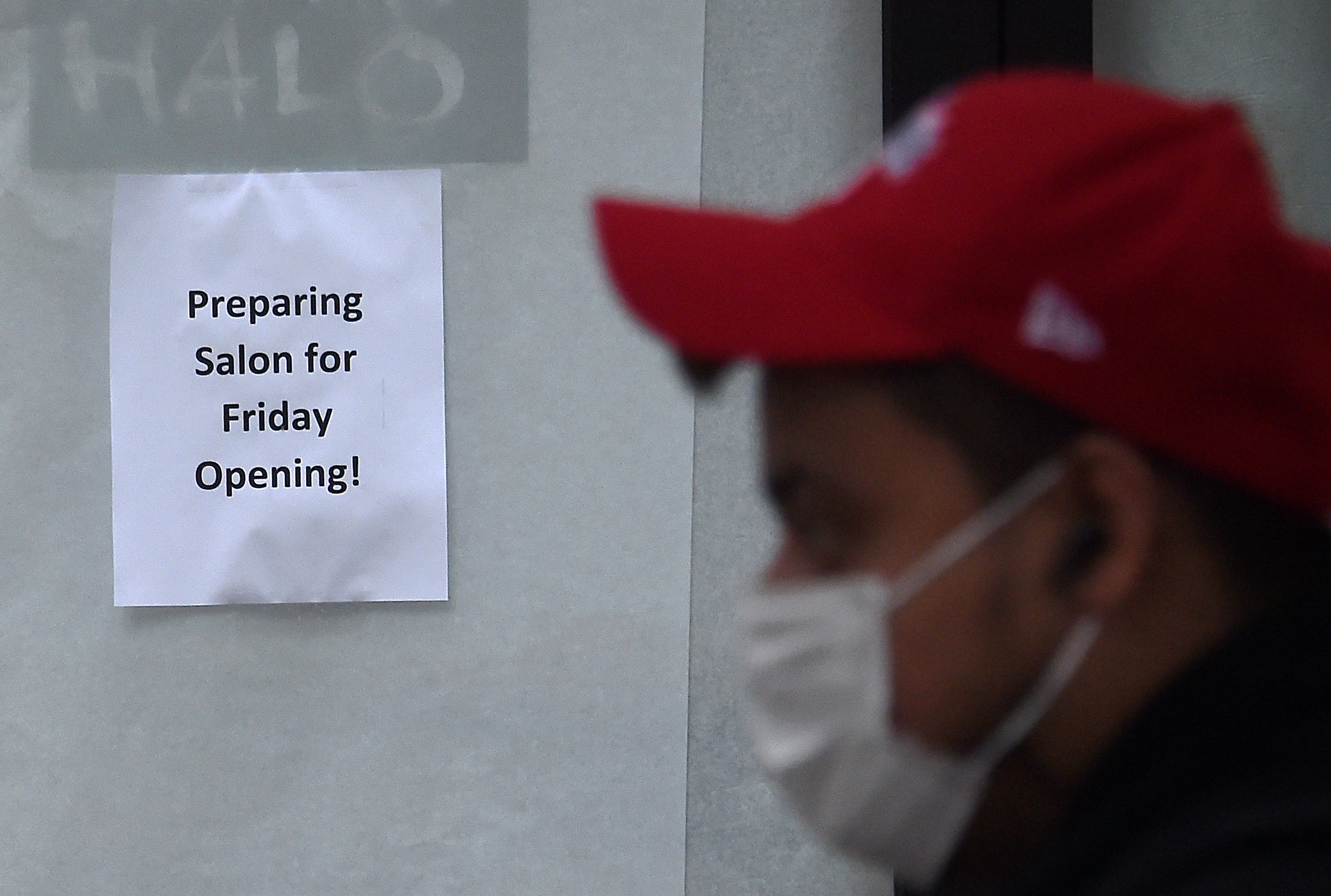COVID-19 related surcharges are popping up on bills at many reopened businesses across Massachusetts.
On a recent bill, one hair salon added a 10% fee to cover what they called increased costs amid the coronavirus pandemic. They explain on their customer receipts that those costs include contactless payment processing, masks, gloves, cleaning and sanitation, and the fact that they are operating at less than 50% capacity to ensure proper social distance.
Other COVID-19 related surcharges have been associated with food cost increases and reduced capacity at businesses.
Ted Rossman, a financial analyst from CreditCards.com says adding fees is a risky move for businesses.
"Even if it's a 5% surcharge on a $25 meal, that's only $1.25, but the principle of it I think is what really offends people," Rossman said. "It really makes customers feel nickeled and dimed and they really object to this kind of practice."
He says similar fees like credit card surcharges have been met with resistance in the past.
"We have seen studies from Amex, for example, that found about 85% of the time if a customer encounters a credit card surcharge they would strongly consider taking their business elsewhere," Rossman said.
Rossman added that technically the surcharges are allowed as long as they are disclosed ahead of time, but he says they may not be worth it in the end for businesses.
More on the Economy
"People will just shop elsewhere, and that's the problem for the businesses," he said. "I understand they're struggling, but I think any sort of short term revenue grab could be greatly outweighed by the medium or longer-term consequences of turning off your customers."
Dentist offices are also adding fees of up to $25 a visit to cover their required use of personal protective equipment and office maintenance supplies due to COVID-19. Insurance companies are considering whether they will cover those costs.



